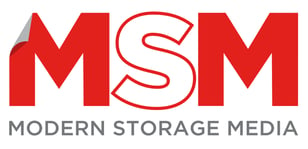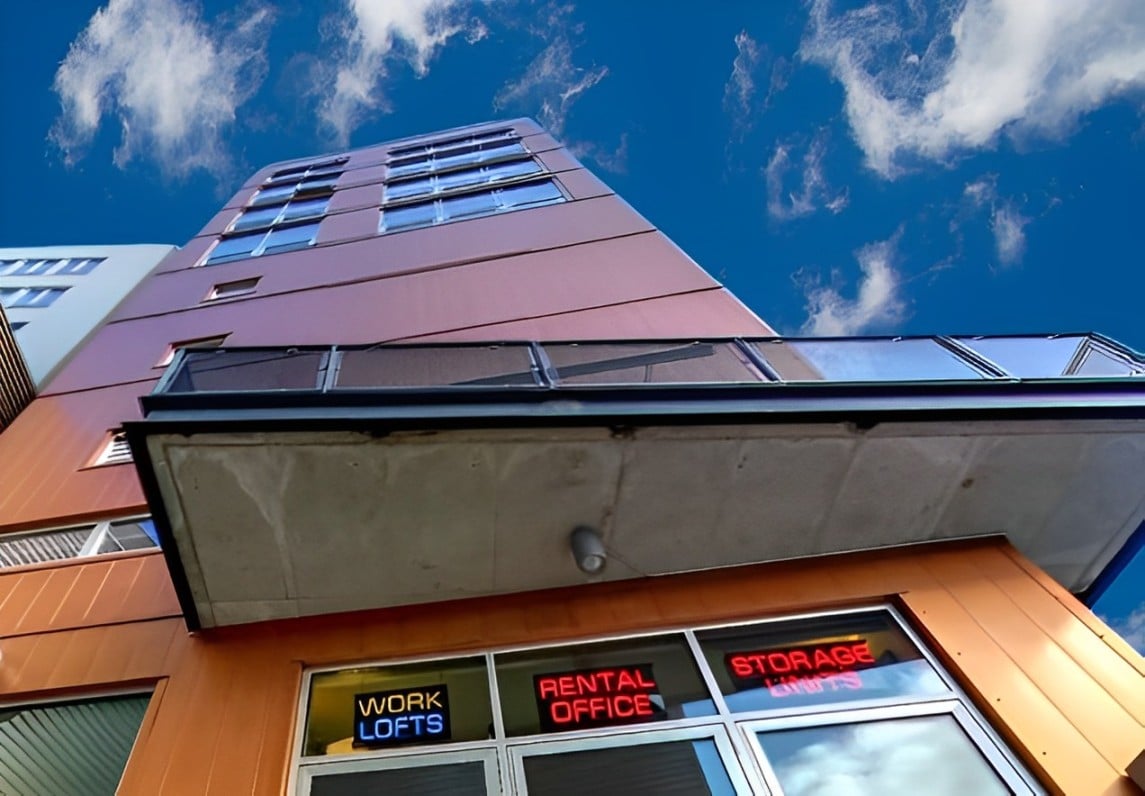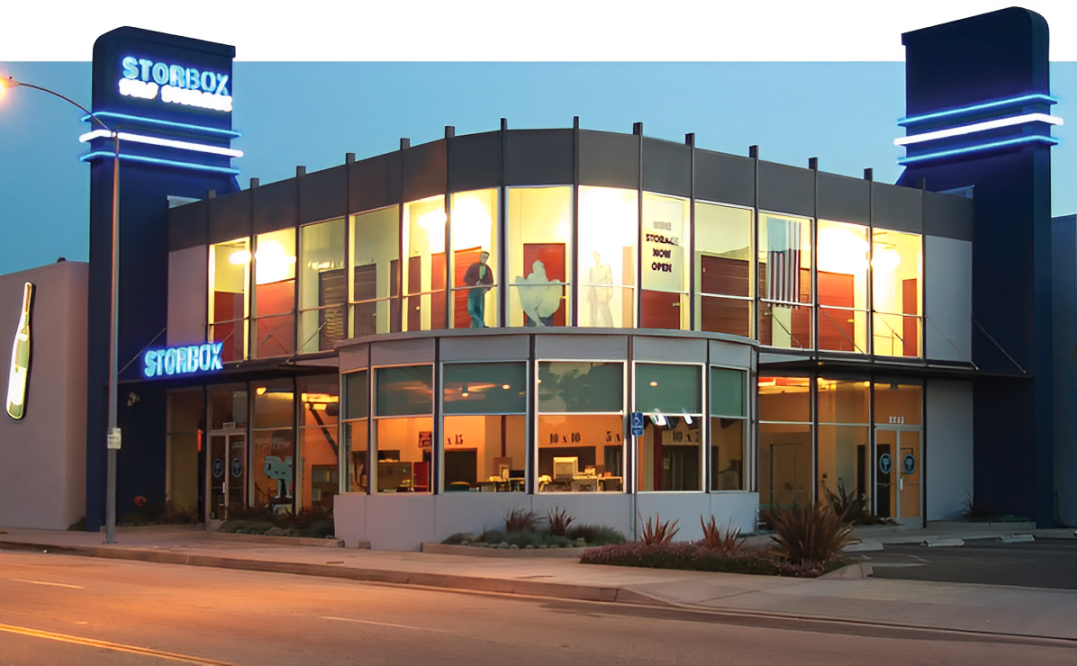Markets On The Move: Austin, Texas
As the overall self-storage industry continues to fire on all cylinders, there are certain markets that continue to lead the charge. One of the markets ranked at the top of the list for investors and developers alike is Austin, Texas. Named by Forbes magazine the number one “Next Big Boom Town in the U.S.,” and by Kiplinger as the number one “Best City for the Decade,” the greater Austin area is one of the nation’s fastest growing regions. Also ranked by Forbes as the “Fastest Growing City in the Country” and one of the “Top Five Best Cities for New Jobs” for the fourth year in a row, Austin continues to expand and flourish with more than 32,100 new jobs (a 3.5 percent increase) in the past 12 months, ending October 2015, and more than 150 new residents per day.
These well-deserved accolades, along with many others, are attributable to the city’s tremendous population and employment growth. A high-growth city with a young, vibrant population, Austin attracts business and tourism. Low operating expenses, an educated population, cutting-edge technology, and innovation are the primary drivers to business growth in Austin, which is supported by the city’s institutes of higher education. Most notably is the University of Texas at Austin, which over the past two years has received research grants totaling over $1.1 billion and ranks second in the nation in patents per capita. While experiencing record growth, the region’s economy is also well-diversified due to its concentration of government, financial, and health-science companies. For all these reasons, it’s evident why Austin is considered a “hot” market of choice for many investors.

A Target Market
While self-storage is equipped with more resiliency than most other product types, the underlying market fundamentals, demographics, and the location still play a vital role in the success of a project. During the downturn, the 50 major markets below lost approximately 7.5 million jobs (9.3 percent) from peak-to-trough, with Austin accounting for only 33,600 of those job losses. Conversely, a few markets have already recaptured their previous peak and continue expanding. As noted in the graph below, Austin was ranked second behind San Jose and has exhibited significant expansion; thereby demonstrating the strength of its underlying market fundamentals.

Another key indicator of a market’s performance is supply: Is the market facing over-supply, or is there room for new development? One advantage of the Austin market, compared to the other three major metropolitan cities in Texas, is the extreme high barriers to entry. It’s not easy to develop in Austin which helps to both limit and control the amount of new supply, and, in some cases, is also a contributing factor when sale prices exceed typical replacement costs. Virtually similar to other land-locked major cities, some of the developments in Austin could not be duplicated and are therefore considered irreplaceable.
Whether it’s due to the assemblage of the site, the permitting process, and/or being grandfathered into a particular zoning classification, all are critical factors and are among the many challenges that most self-storage developers will face in Austin. As is evident in the basic economics of supply versus demand, a prominent trend within the self-storage industry has been the record high occupancies and the dramatic rental rate growth over the past few years. Due to the limited amount of new supply, the Austin market has experienced a significant upward trend in rental rates with a 25.5 percent increase for non-climate-controlled and a 15.8 percent increase for climate-controlled units since 2011. Therefore, it’s easy to understand why most self-storage investors, whether they are private, public, a REIT, or a fund, have all highlighted Austin as a target market.
Major Job Growth
While Texas is an energy state and has spurred thousands of new high-wage jobs in the oil and gas exploration fields enticing workers from outside of the state, Austin is renowned as one of the nation’s preeminent locations for technology. Dubbed the “Silicon Hills,” the city has been a major draw in this sector with more than 120,000 employees at 4,444 technology companies including Apple, Facebook, AMD, Freescale, Samsung, Cisco Systems, Intel, Dell, Oracle, National Instruments, GM, Cirrus Logic, and many others. Apple’s new $300 million expansion has further bolstered the city as a technology hub. Recent major corporate announcements include Athenahealth (600 new jobs), Dropbox (170 new jobs), Atlassian (300 new jobs), and Parsley Energy (100 new jobs), just to name a few.
Fueled by numerous corporate relocations and expansions in the area, Austin is experiencing growth at twice the national pace and boasts record setting unemployment rates of 3.3 percent as of September 2015. Much of this new migration into the city is either relocating from a single-family home into an apartment or electing to move into a more urban-style apartment for the amenities and to be closer to their place of employment, creating an increased demand for self-storage space.
According to U-Haul’s migration data for 2014, Houston ranked No. 1 for the sixth consecutive year, while the other Texas cities that made the list were San Antonio at No. 4 and Austin at No. 7. With the major corporate expansions and relocations that have recently moved to Austin, it will be interesting to see where the city ranks on that list for 2015 when the data is released next year.

While the self-storage industry continues to dominate compared to most other product types, the overall fundamentals of a market will likely always play an equally vital role in the success of an investment. Recognized as a technological hub, Austin has transitioned from a small city in Texas to a major sought after market for investors. The city’s elevating job creation, relatively low business costs, burgeoning population, and reasonable cost of living have made the Austin area one of the most desirable places to do business—not only in Texas but in the country. There’s certainly no secret why the Austin market is considered a top target market for both investors and developers alike in the self-storage industry.
Barbara Guffey is the director at HFF National Self Storage Group.
More Content
Popular Posts
The REITs new pricing strategy – lowering...
The self storage industry is in a precarious...
With the approval of both companies’...
Recent Posts
Owning or managing a self-storage facility...
Helen Keller is quoted as saying, “Alone we...
It’s often been said that “opportunity is...
There’s a saying in Florida that there are...
The landscape of the self-storage industry...
Last January, the prime interest rate was...
Many of us are seeking ways to bring in new...














